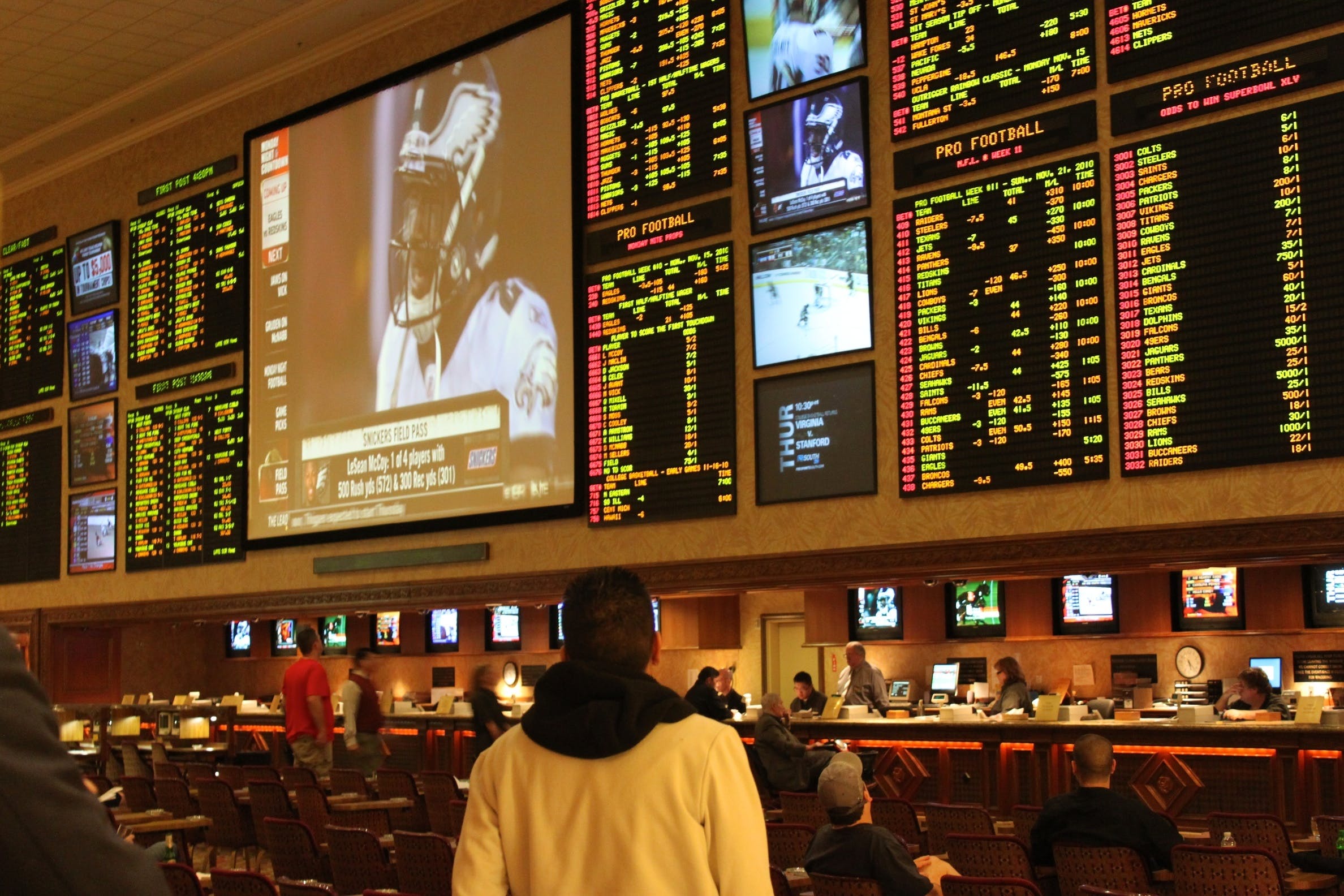
The proliferation of legal sports betting during the NCAA Division I Men’s Basketball Tournament, commonly known as March Madness, has been linked to a rise in gambling addiction, according to an article from Newsweek.
A recent report from the American Gaming Association estimated that a total of $15.5 billion would be wagered on this year’s tournament, with approximately a quarter of American adults expected to participate in such betting.
Lia Nower, director of the Rutgers Center for Gambling Studies, said the legal expansion of online sports betting has increased the number of bettors twofold.
She said that the addictive nature of gambling sways bettors to believe in their chances of winning and encourages them to wager more money than they can afford.
Nower said the gamelike nature of sports betting on mobile apps caters to a younger demographic. Though, the effects of sports betting apps on gambling addiction are still inconclusive.
“Gambling is a hidden addiction,” she said. “You can be gambling away everything you own on your mobile phone while watching TV with your family, and no one would ever know.”
New Jersey regulatory authorities require betting platforms to provide users with the ability to set limits on the amount of time and money they spend on gambling, Nower said. Some platforms even offer users the option to temporarily or permanently ban themselves from betting.
Nower said, “These are good mechanisms, but the problem is most people don’t sign up for them, and they are not mandatory.”
She said betting platforms should integrate these limits into their account creation process and mandate all bettors to follow certain guidelines with regard to use.
After a recent growth in sports betting advertisements, Nower said she does not think that major sports leagues should partner with sports betting platforms.
“Major League Baseball banned Pete Rose from baseball and the Hall of Fame for gambling, and now, they are partnered with the gambling industry. There is something unfair about that, right?” she said.
Gambling partnerships in the professional sports world amplify the likelihood of players and coaches taking bribes and illegally influencing the game, Nower said.
With specific regard to New Jersey, she said the millions of dollars in taxes that the state government collects from sports betting makes it more inclined to legalize other types of gambling.
In June 2018, Gov. Phil Murphy (D-N.J.) signed bill A4111, which legalized sports betting statewide for those older than 21 at both online and in-person at locations like casinos and racetracks.
The heightened availability of legal ways to gamble in New Jersey magnifies the risk of addiction for bettors, Nower said. Thirteen percent of people in the state report experiencing signs of gambling addiction, and 6 percent suffer from more serious addiction issues.
There are various state-funded resources available for people struggling with gambling addiction, such as free treatment programs from the Council on Compulsive Gambling of New Jersey and the New Jersey Division of Mental Health and Addiction Services.
The University facilitates mental health support and treatment for gambling addiction issues through University Behavioral Health Care, Nower said.
“The challenge is getting people to treatment,” she said. “That is where I believe the state should put its efforts — ensuring gambling screening is incorporated into mental health, substance use, child welfare and other settings similar to what is done for substances.”